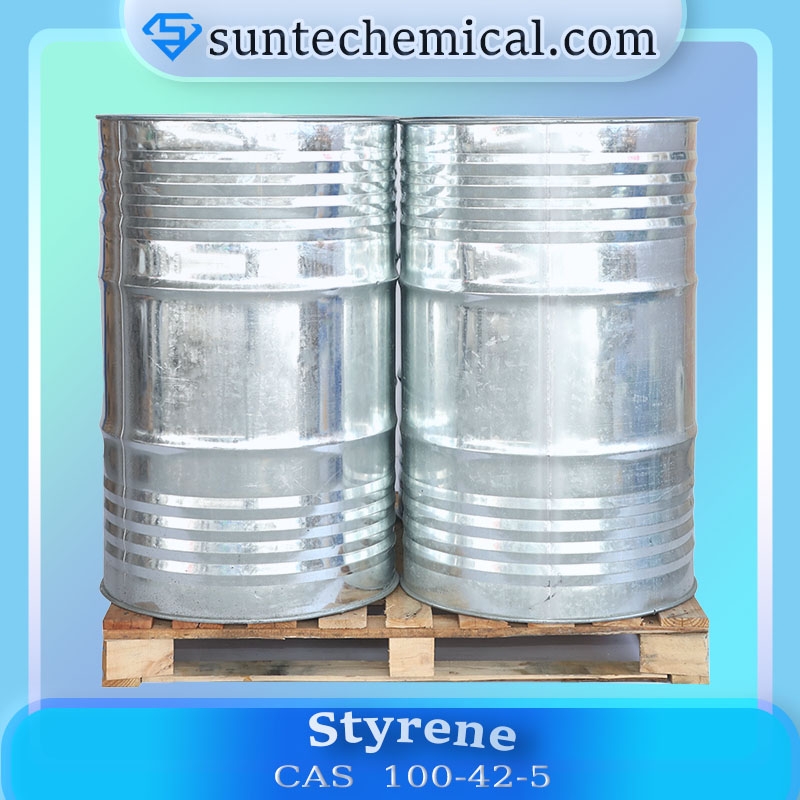-
Categories
-
Pharmaceutical Intermediates
-
Active Pharmaceutical Ingredients
-
Food Additives
- Industrial Coatings
- Agrochemicals
- Dyes and Pigments
- Surfactant
- Flavors and Fragrances
- Chemical Reagents
- Catalyst and Auxiliary
- Natural Products
- Inorganic Chemistry
-
Organic Chemistry
-
Biochemical Engineering
- Analytical Chemistry
-
Cosmetic Ingredient
- Water Treatment Chemical
-
Pharmaceutical Intermediates
Promotion
ECHEMI Mall
Wholesale
Weekly Price
Exhibition
News
-
Trade Service
Plastics manufacturer Covestro will showcase recycling methods used in the circular economy at IFAT
.
At the joint booth of the German Association for the Management of Waste (DGAW) (Hall/Booth: A6 125/224), Covestro will outline innovative technologies for the mechanical and chemical recycling of plastics in its product range
.
Covestro is also a co-exhibitor at the VCI (German Chemical Industry Association, Hall/Booth: A6 231) at the joint booth, which is entirely dedicated to the topic of chemical recycling
.
Covestro has plans to focus entirely on the circular economy
.
The company is promoting innovative and resource-efficient processes with the goal of making its products recyclable
.
That's why Covestro intends to offer more material solutions based on sustainability and circularity
.
Covestro's own technology development focuses on four recycling methods
.
In addition to the mechanical recycling methods already used for the high-performance plastics polycarbonate and thermoplastic polyurethane (TPU), Covestro is also developing chemical recycling processes: including chemical decomposition, smart pyrolysis and enzymatic recycling
.
The aim of these processes is to produce recycled plastic of quality comparable to the virgin material, while significantly reducing the environmental footprint, compared to traditional production of fossil-derived polymers and polymer raw materials
.
Covestro applies its core competencies in chemistry to process development
.
Markus Steilemann, Chairman of the Board of Covestro, explained: "We see ourselves as a driving force in the circular economy industry that is currently developing
.
In the long run, the chemical and waste management industries must be more closely linked and create synergies
.
We We are actively promoting the development of the whole industry: through various recycling methods, we can systematically recycle the different raw materials required for the production of plastics
.
Our goal is to fully recycle the materials in the waste products, saving fossil raw materials and reducing greenhouse gas emissions , while providing recyclable high-performance materials equivalent to virgin quality
.
” The company plans to invest around 1 billion euros in circular economy projects by 2030
.
Covestro already operates a pilot plant for chemical recycling of flexible polyurethane foams in Leverkusen
.
In addition, Covestro will present circular solutions from its product portfolio at the IFAT trade fair in Munich to give customers a more intuitive understanding
.
With the "CQ" concept, Covestro will highlight the replacement of basic raw materials in products in the future, with a reduction of 25%
.
"CQ" here stands for Circular Intelligence
.
Desmodur® CQ was one of the first "CQ" products
.
For example, polyurethanes based on Desmodur®CQ are used in upholstered furniture, mattresses and thermal insulation
.
These materials are also used in coatings for automobiles or appliances
.
Sucheta Govil, Chief Commercial Officer of Covestro, said: "In order to take meaningful climate protection measures, we need to make changes, including ourselves, our customers and everyone else across the value chain
.
At the same time, the benefits of applying these solutions It has to be clear
.
The chemical industry has to fundamentally shift from being value chain-centric to alternative raw materials and renewable energy
.
We have set ambitious goals to make our production fully circular and ultimately independent of fossil resources
.
By doing so , we are supporting numerous industries to reduce the carbon footprint of their own products
.
”
Collaborate to contribute to a full circular economy
Collaborate to contribute to a full circular economyNew recycling processes, collaborations with industry and research partners are making important contributions to achieving full circle
.
For example, Covestro is working with 22 partners from 9 countries on the EU project 'Circular Bubble'
.
The purpose of this project is to develop an innovative chemical recycling process for rigid polyurethane foam
.
As an insulating material, rigid polyurethane foam can help improve the energy efficiency of refrigerators and buildings - but it still lacks coordinated waste management and proper recycling processes for a sustainable life cycle
.
From 2040, chemical recycling could save up to 1 million tonnes of waste and 2.
9 million tonnes of carbon dioxide annually
.




![2,2-Bis(4-hydroxyphenyl)propyl polycarbonate 4-[1-(4-hydroxyphenyl)-1-methyl-ethyl]phenol carbonate POLYCARBONATE RESIN, SECONDARY STANDARD, MOLECULAR](https://file.echemi.com/fileManage/upload/goodpicture/20250220/sodium-lactate-312-85-6_b20250220100438866.jpg)


